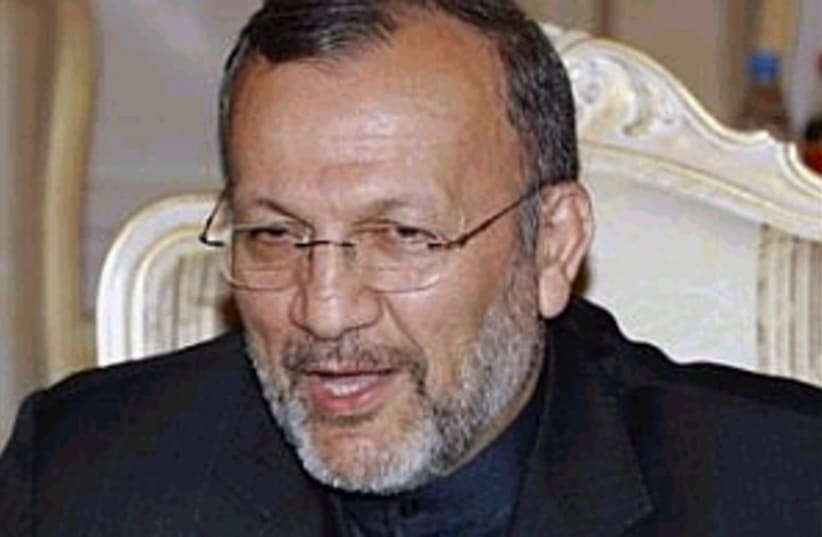| More about: | Iran, Ali Khamenei, Mahmoud Ahmadinejad, Mohamed ElBaradei |
Iran to present Mideast 'peace plan'
Calls for return of Palestinian refugees and referendum on region's future.


| More about: | Iran, Ali Khamenei, Mahmoud Ahmadinejad, Mohamed ElBaradei |